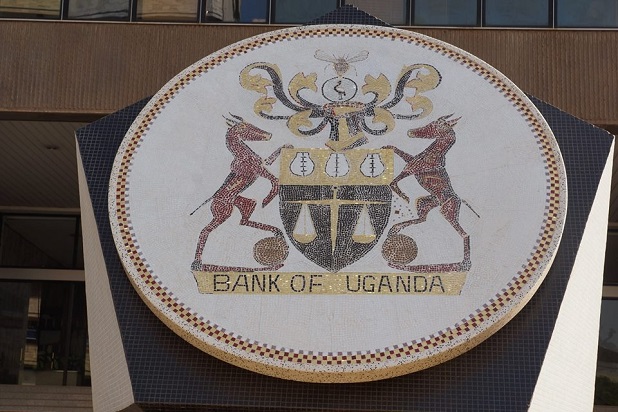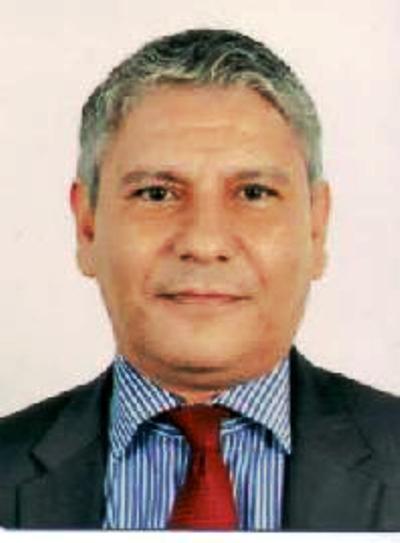Central Banks in the East African Community countries will soon be connected to the Pan African Payments and Settlement System-PAPSS, a platform that aims at easing trade within the continent.
The platform which was formally launched in January 2022, allows companies in Africa to pay for trade transactions in local currencies in real time. It has so far been successfully piloted in the West African Monetary Zone, a group of countries made up of Gambia, Ghana, the Republic of Guinea, Liberia, Nigeria and Sierra Leone.
It is an initiative of the African Union and the African Export-Import (Afrexim) Bank, aimed at ensuring seamless cross-border payments, which would boost the African Continental Free Trade Area. The system is designed to have payments made through commercial banks which the Central Banks will act as a form of clearing platform.
So far, the Central Bank of Djibouti is the first outside of the West African zone, to be connected to the system, but it is yet to start trading. The set-up will be completed when all the countries under the African Continental Free Trade Area get their central banks to sign up.
John Bosco Sebabi, the Deputy Executive Director of PAPSS at Afrexim Bank, says this delay by some central banks to get connected is still a challenge because then, it is hard to trade under the system with a county which is not yet on the system.
Sebabi says as they await the response of central banks, they are planning to make commercial banks payment agents for the central banks if this will make the platform go live as soon as possible. At least 28 commercial banks have joined the system, including Ecobank, United Bank for Africa, Standard Chartered, Bank of Africa Group, Stanbic IBTC, First Banks, Zenith and GTBank.
He is, however, hopeful that the EAC, where member countries agreed to join as a block, will be connected next month as talks continue with other regions too. He says they will implement the system in regions that are quicker.
PAPSS works in collaboration with central banks in the continent to provide a payment and settlement service to which commercial banks, payment service providers and fintech organisations across the continent can connect as participants.
According to a note on its design, the platform provides an alternative to the currently high-cost and lengthy correspondent banking relationships. “Whether shopping, transferring money, paying salaries, dealing in stocks and shares or making high-value business transactions, PAPSS’ real-time infrastructure provides a reliable, cost-effective answer for instant payments,” says the statement.
East African Business Council Executive Director John Bosco Kalisa says this is what they have been waiting for and hopes all the regions will soon get connected.
Experts have calculated that the system could save the continent’s businesses up to 5 billion US Dollars a year. According to Sebabi, of the total trade transacted between African countries, the systems on the continent only handle 20 per cent, of which 80 per cent of the payments are transacted through foreign currency zones, especially the US Dollar.
It is expected that by end of 2023, the system will have been expanded to all the current five trading blocs on the continent, while all Central banks are to sign up by the end of 2024 and all commercial banks by the end of 2025. This will save the continent a loss if cash flight, according to Sebabi.
Until now, African companies and their local banks have been using correspondent banks, for payments and settlements between two African currencies. This is done through a third foreign external currency, usually dollars or Euros.
This system apart from the delays creates foreign exchange and liquidity requirements for individual African Central Banks. The coming of Mobile Money platforms introduced an alternative, but they have limitations including the amount of cash that can be handled in one transaction, while also they are limited by scope.
The EABC Vice Chairman, Dennis Karera, says the system will make more sense if north African countries like Egypt where Afrexim Bank and the PAPSS are ironically located, are not part of the system. He says trade with Egypt, for example, is limited by the fact that Egypt is still using Western Union, which is slow and being phased out in some countries. He also says the system will help solve the problem of language between the north and the south
Sebabi, the PAPSS head also said the mobile money systems are also expensive because of the many currency transactions involved in the cross-border payment before the payment is actually concluded. But he assures that the platforms are catered for as part of the PAPSS.
-URN





